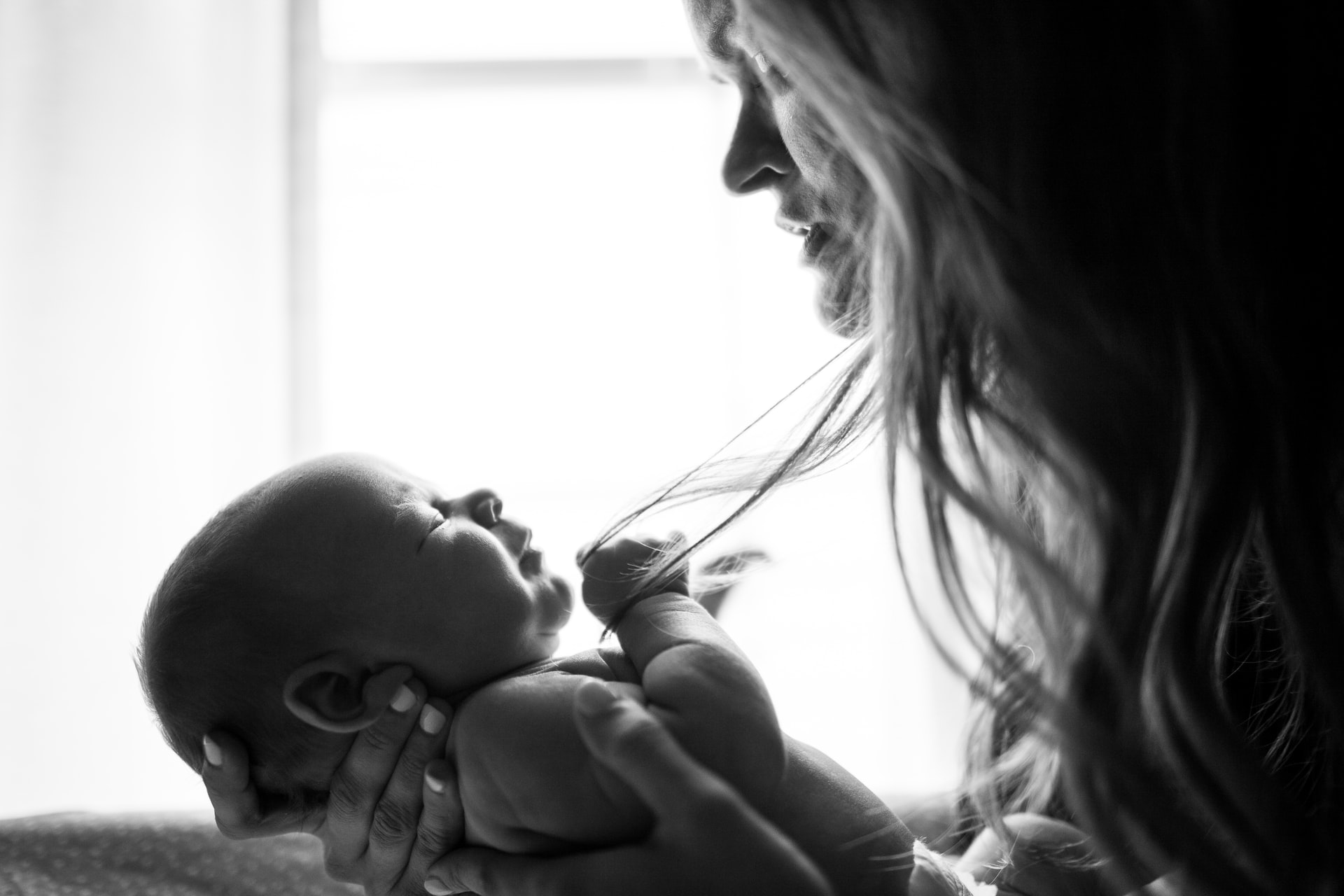Becoming a new mum can be an exciting time, but it can also be a time filled with anxious thoughts and depressive episodes. Anyone can experience anxiety and depression early on during pregnancy, learning how to cope is vital to ensure your well-being and mental health is in working order for when your new baby arrives.
While many people will be familiar with the term ‘postnatal depression’, most will struggle when trying to keep its actual effects at bay after having a baby. So, in this article, we thought we’d share our five top tips, highlighting how to effectively overcome feelings of post-pregnancy anxiety and depression if/when they occur.
What is Postnatal Anxiety?
Postnatal anxiety is when a mother feels excessive and uncontrollable bouts of anxiety in the months after giving birth.
Some of the common symptoms of postnatal anxiety typically include:
- Racing thoughts that keep you awake at night
- Reduced appetite and rapid weight loss
- Frequent concerns that something bad will happen to your baby
- Hot flashes
- Dizzy spells
- An inability to sit still and relax
- Panic attacks
Postnatal anxiety is a common occurrence in women who suffer from a traumatic birth experience, especially during births that involve additional postnatal care. If you are concerned you may be experiencing postnatal anxiety, speak to your doctor or reach out to other mothers, a friend or a family member for support. There are people who care and can help.
What is Postnatal Depression?

Photo Credit: Zach Lucero
Postnatal depression is a term more people will be familiar with. It refers to a severe form of clinical depression that is directly related to pregnancy and childbirth. And it is far more common than you might think, affecting between 10 to 15 in every 100 women having a baby.
Common symptoms of postnatal depression include:
- A persistent feeling of sadness and low mood
- Difficulty bonding with your baby
- Withdrawing from contact with other people
- Lack of energy and feeling tired all the time
- Lack of interest or enjoyment in life
- Problems concentrating and making decisions
- Frightening thoughts – for example, about hurting your baby
If you suspect you might be struggling with postnatal depression, you are not alone, and you certainly should not feel embarrassed or ashamed. Postnatal depression is extremely common and there is help available. Contact your doctor or reach out to a friend or family member for support.
5 Tips To Keep Postnatal Anxiety & Depression At Bay
As you prepare for the birth of your baby, there are many things to get ready – from the nursery to the car seat. But another very important thing to prepare is your mind and your body.
Taking the time to prepare mentally for your journey into motherhood will help you keep postnatal anxiety and depression at bay.
Listed below are five tips to help you get started.
1. Join A Support Group
Isolation and loneliness breed anxiety and depression. The daily routines of nap times, mealtimes, and bathtimes can already feel isolating when you must spend so much time indoors. However, there are ways you can prevent depression and or anxiety from creeping in.
Having a community around you will not only provide solace but will also offer some much-needed relief from the challenges of being a new mum.
Many organisations provide support groups for new mums. Speak to your midwife or doctor about groups near you to get connected.
2. Ask For Help
As a new mum, you will find yourself juggling a lot of responsibility all on very little sleep. As such, it can be easy to become overwhelmed or even resentful as you adjust to your new role as a mother. So, it’s important you know that it is okay to ask for help.
Reach out to family members or friends for their advice. Ask them to watch the baby to help you keep on top of the mounting chores.
Asking for help is always a great way to fend off feelings of postnatal depression or anxiety and will help you deal with any periods of stress a little more easily.
3. Make Time To Exercise

Photo Credit: Luke Chesser
We know this is a hard one since as a new mum you barely have time to shower, let alone get outside for some exercise. But exercise is one of those annoying things that makes everything better.
Although it takes a lot of effort and a little extra time each day, getting outside for a 30-minute walk in the fresh air will do wonders for your mental wellbeing and even your physical healing.
Of course, it’s important not to push yourself too much, but a light walk around the block will help get your heart rate up, reduce stress and toxins, and help clear your mind.
4. Nourish Your Body

Photo Credit: Brooke Lark
Your body needs healthy nutrition and protein to function optimally. In fact, if you didn’t already know, the body’s ‘feel-good hormone’, serotonin, often comes from the food that we eat. So, prioritising a well-balanced diet with plenty of protein and lots of water will nourish your body in all the right ways.
If you are breastfeeding, you need to be particularly conscious of drinking enough water. Research has shown that there is a connection between dehydration and anxiety. So, if you’re a new mum and you are breastfeeding, keep a drink bottle with you and keep yourself hydrated.
5. Reduce Your Stress
Reducing your stress is essential to improving your mental health after having a baby.
Becoming a mum (whether it’s your first baby or your seventh) is a stressful time. Therefore, it is normal to have moments of anxiety, frustration, or sadness as you all adjust to the new little one.
However, it is important to do what you can to reduce your stress so that you can enjoy these moments without depression clouding your view.
We recommend focusing on your breath, inhaling all the way to the bottom of your lungs (called diaphragmatic breathing). When we give our brains plenty of oxygen, they function more effectively, literally changing the body’s physiological response to stress.
You can also use apps like iBreathe to help focus your breathing and thoughts to clear your head.
Taking the time to prioritise reducing your stress in this way could make all the difference to your mental wellbeing. It’s also a great habit to maintain throughout your life – as times of stress are always bound to pop up!
Final Thoughts…
Becoming a mother is one of the most exciting and nerve-wracking moments in a woman’s life. But it doesn’t have to be an overwhelming one.
With the right prevention methods, a supportive community, and some great self-care rituals, you will get to enjoy being present with your new little one, making the most out of each and every minute you have with them.
Author: Kate Sheppard is a mum of two, living in Sussex. Kate enjoys writing about the ups and the downs of parenting and isn’t afraid to tell it how it is. She’s passionate about all things families and child education. Connect with Kate on Twitter: @KateSheppard90